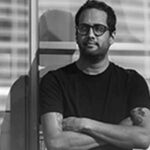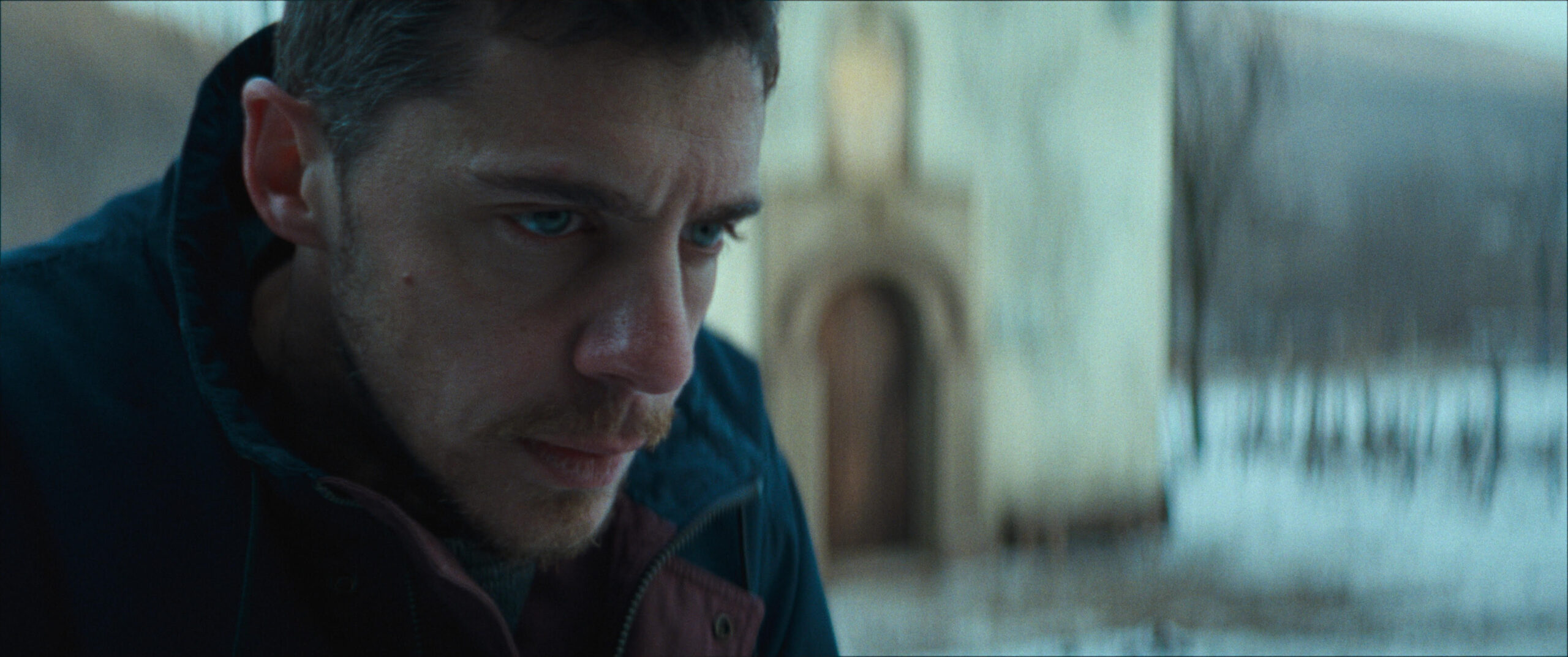Our Father
Oce nas
VERDICT: Addiction and religion clash in this powerful drama about getting clean under the eyes of God.
“We are completely innocent before God,” Father Branko (Boris Isakovic) solemnly intones in Goran Stankovic’s assured debut feature. But claiming innocence doesn’t absolve oneself of the responsibility and will to try and do right. It’s these questions of faith and how they apply in healing both the body and soul that anchor the raw and gritty Our Father, which offers a unique take on the familiar addiction drama.
As the picture opens, Dejan (Vucic Perovic) is in the horrible throes of quitting heroin cold turkey. Suffering spasms, chills, and uncontrollable bowels, it’s only when he finally comes out the other side that he can fully take stock of the unorthodox rehab facility where he’s landed. Located deep in the Serbian countryside, the facility is a monastery commune, run with an orthodox iron fist by Father Branko. The rules are straightforward: no methadone, with work and prayer as the only tools of rehabilitation. Indeed, bodily recovery is just one step. Father Branko demands spiritual cleansing too. But woe to those who find themselves in breach of the regulations. Dejan learns this the hard way when he’s caught, high as a kite, after relapsing on another resident’s smuggled stash. Bent over a table, with his arms held to prevent him from moving, Dejan is beaten with a metal shovel, and then with fists, until he can no longer stand. But it’s when a surreptitious video of that beating goes viral that all hell breaks loose.
Based on a true incident, Stankovic offers a surprisingly complex blend of empathy and measured indictment of Branko’s methods. The screenplay — co-written with Ognjen Svilicic, Maja Pelevic, and Dejan Prcic — sees that Branko’s cruelty is rooted in a genuine desire to help the addicts in his care, who have often been dropped at his doorstep by exasperated family members. The Father’s extreme methods are a last resort for those who can’t break the vicious cycle of addiction. However, there is a fine line between being stern and authoritarian, and it’s falling on the right side of humility and humanity that turns out to be the breaking point. As Dejan becomes one of Branko’s favored disciples, his own behaviour begins to shift toward the tyrannical, leading to an inevitably brutal tragedy.
Though the wintry setting is captured with blue, overcast, rough hewn photography by cinematographer Dragan Vildovic, it’s not at the expense of the picture’s intimacy. Stankovic draws a portrait of warm, masculine fraternity, particularly between Perovic’s open performance as Dejan, and his relationship with his sponsor, Mionica (Goran Markovic). United in a common struggle, they work to stay together inside the bounds of sobriety, and create a model for everyone else to follow. Stankovic and the screenplay never resort to the cheap theatrics that usually mark this kind of movie. Instead, the battle with substance abuse modestly runs through pitches and bows. The stakes are rooted in Dejan’s moral code, and how much he will allow it to bend in pursuing good intentions.
After the video goes viral, Dejan’s mother visits, concerned about his wellbeing, and asks about his assault. “It had to be done,” he says. It’s those five, plain words that mark the horrifically low estimation he has of his own worth, and Father Branko’s hold on those in his care. For much of its running time, until an epilogue that is slightly too neat, Our Father offers a stark and perceptive study of the mental, emotional, and spiritual battle that marks addiction. However, as it turns out, just as Dejan was addicted to heroin, Father Branko is drawn to something as nefarious: power — power, under the guise of the righteous. And there’s no rehab facility for that.
Director: Goran Stankovic
Screenplay: Goran Stankovic, Ognjen Svilicic, Maja Pelevic, Dejan Prcic
Cast: Vucic Perovic, Boris Isakovic, Goran Markovic, Jasna Zalica
Producers: Snezana Van Houwelingen
Cinematography: Dragan Vildovic
Production design: Zorana Petrov
Costume design: Dejana Sremcevic
Editing: Marko Ferkovic
Music: Alen Sinkauz, Nenad Sinkauz
Sound: Milos Drndarevic
Production companies: This and That Productions (Serbia), Nightswim (Italy), PomPom Film (Croatia), Dream Factory (Macedonia), Kino (Montenegro), Novi Film (Bosnia and Herzegovina)
World sales: Split Screen
Venue: Toronto International Film Festival (Discovery)
In Serbian
90 minutes


